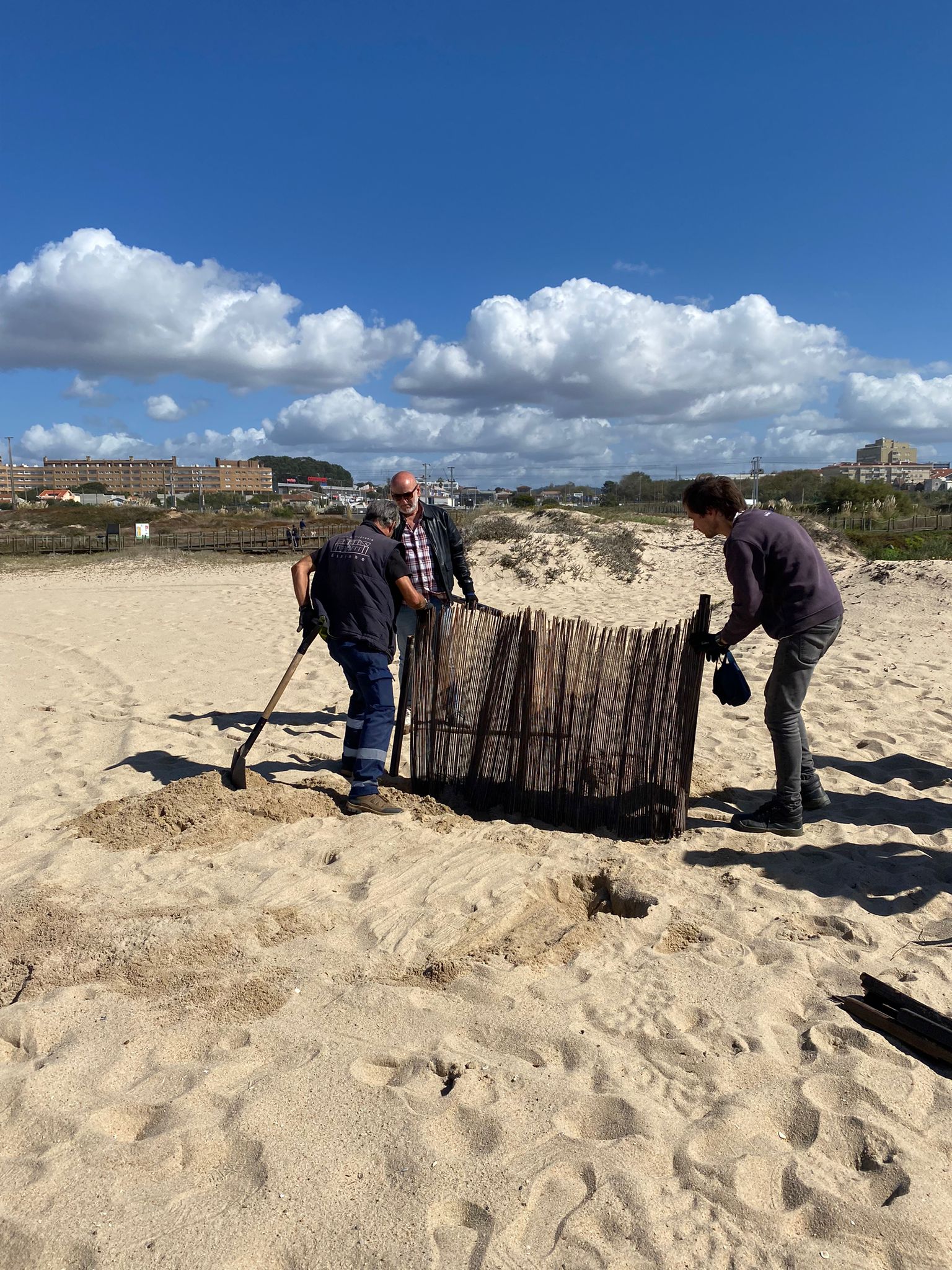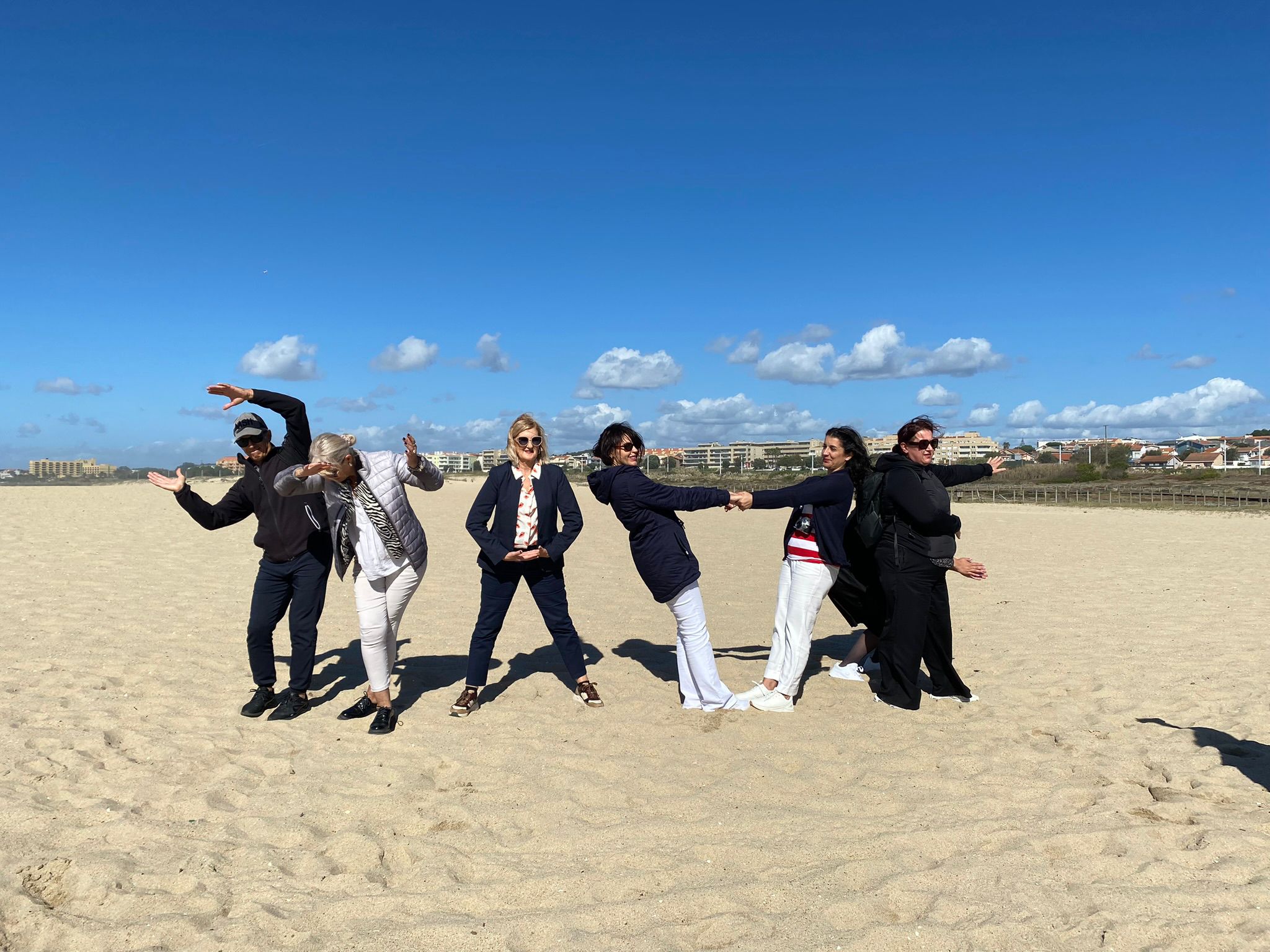






Sustainability and Circular Economy: Practical Approach to Wicked Problems
In a world facing climate change, biodiversity loss, and global resource scarcity, education holds the key to change. This inspiring Erasmus course empowers you to take practical steps towards a more sustainable future. You will gain essential skills like creativity, critical thinking, communication, and collaboration—future-proof competencies that help you and your students tackle the complex “wicked problems” of our time. Rooted in the globally admired Finnish education model, this course transforms urgent environmental challenges into opportunities for learning and leadership.
What You’ll Learn:
You will explore how global trends like urbanization and globalization contribute to environmental crises, and how innovative approaches like the circular economy offer hope. Through a hands-on, practical methodology, you will gain tools to inspire active citizenship and sustainable action among your students and colleagues. You will also develop projects and teaching strategies that bring sustainability to life in your school community.
- Understand the causes and impacts of the climate crisis and biodiversity loss
- Analyze the environmental consequences of the linear economy
- Explore circular economy models and practices
- Develop strategies to foster active citizenship and student leadership
- Create practical classroom activities for sustainable thinking
Course Highlights:
- Practical, hands-on learning with interactive workshops
- Focus on future skills: creativity, collaboration, and critical thinking
- Real-world applications directly transferable to your school environment
- Expert insights from sustainability leaders and educators
- Projects and materials ready to implement in your curriculum
- Free access to Finnish Education Online Courses: Learn more about Finnish education before your visit.
This course offers a dynamic balance of theory, case studies, and active workshops, ensuring you leave with ready-to-use strategies for fostering sustainability and circular thinking in education.
Upcoming courses
Interested in a customized, on-demand version of this course for your group?
Learn more and tailor it to your team’s needs today!
What our clients say
Tickets
All tickets includes:
- Event materials
- Certificate of attendance
- School visits
- Admission to all sessions
Standard price
For standard registrations
Group price
Discounted price for groups of 5 or more
Catering package
Lunches and refreshments, entrance fees (on the planned excursions)
This is a provisional programme, the finalized program will be shared with participants prior to the course.
Day 1, Sunday
16.00 Welcome and getting to know the surroundings and timetables and practices
- presenting the program briefly
- setting the course objectives and outcomes
- getting to know each other and your personal story
- cultural walk in Helsinki
Day 2, Monday
Wicked problems are connected to each other
Objectives: connections between wicked problems (climate change, biodiversity loss, pandemics), importance of creativity in future thinking
Learning outcomes: how to handle wicked problems with different games, getting to know basics of futures sciences, learning to make utopias and dystopias
9:00 A new approach to the wicked problems (climate change, biodiversity loss, pandemics),
- Futures sciences, what is it?
- Megatrends: game with the megatrend-cards, workshop
10:30 Coffee break
10:50 Weak signals and black swans and other signals
- where to find them and how to use them in scenarios
- hunt for weak signals, workshop
13:00 Lunch
14:00 Creativity and future images, working with AI
- my own utopia, as I imagine it, individual work
- dystopias, do we need them?
15:30 Wrap up of the day
Day 3, Tuesday
Sustainability and the circular economy are the best-known practical solutions to wicked problems
Objectives: understanding sustainable development, understanding the importance of stopping overconsumption based on all thinking, understanding the unavoidability of circular economy thinking, understanding the link between circular economy and biodiversity, to know the most effective ways in circular economy.
Learning outcomes: practical exercises for schools to learn about the circular economy, testing your lifestyle.
9:00 Sustainability and Agenda 2030, introduction, and discussion
- testing the lifestyle online, individual work
- Dollar street
10:30 Coffee break
10:50 Moving from the linear to the circular economy.
- introduction
- circular city and how it works, workshop.
13:00 Lunch
14:00 Visit to a school or to a sustainable entrepreneur
Day 4, Wednesday
Biodiversity day
Objectives: understanding the importance of nature resources to biodiversity loss, knowing the importance of city nature, getting aware of the means to avoid people’s effect on the city nature, the importance of art in thinking about the future.
Learning outcomes: learn to observe nature and changes in it, learn to use digital apps in identification of species, notice the impact of climate change in nature.
9:00 AI and identification of different species (iNaturalist).
10:00 Exploring the biodiversity in the parks and nature areas nearby, use of the application, visiting Harakka-island (nature reservation area) nearby Helsinki
13:00 Lunch
14:00 “100 ways to save planet” and other exercises, workshop.
Day 5, Thursday
Take the future in your hands, skills needed for good choices
Objectives: understanding that future skills can be developed and thus influence one’s future, future professions, the importance of one’s own choices, stopping to look at one’s own life.
Learning outcomes: how can I implement a future camp in my own school and convert it for my own use.
9:00 Future guidance, how to learn and teach future skills at school, first part of future camp
- What are future skills
- future camp, workshop: 2-3 first working stations
10:30 Coffee break
10:50 Future camp, workshop, 2-3 last workstations, 15-20 minutes each,
- skills bingo
- vote for the future
- statements about your personal life
- futures skills
- professions of the future
- posters for a better life
13:00 Lunch
14:00 How sustainability is taking in to account in Finnish education
Day 6, Friday
“What a wonderful world…” towards better future
Objectives: the importance of biodiversity loss, the reality of environmental anxiety, especially for young people, finding hope, practicing good negotiation skills, busting myths, active citizenship.
Learning outcomes: getting to know and using learning methods that awaken hope and bring joy.
9:00 Excursion to Nuuksio National Park. Travelling happens by public transportation.
10:00 Workshop in Haltia (main building)
12:00 Lunch in the restaurant
13:00 Hiking in the natural park, workshop: path of hope and actions
15:00 Coming back from Nuuksio.
Day 7, Saturday
“Love the problem”, feedback and planning next steps
Objectives: gain the courage to face different kinds of problems, the importance of networking and feedback, practicing negotiation skills, busting myths
Learning outcomes: creating functional networks using social media, giving feedback to the course trainer and administrator
9:00 How to solve the problems.
- snowball method
- MythBusters
10.00- 10.30 Participants’ outputs and thoughts during the week
10.30-11.30 Identification of common project topics, the formation of cooperation networks, feedback
11.30-12.00 Certificates
After completing the course, you will have the tools and confidence to bring sustainability into your teaching practice. You will leave ready to inspire your students to become thoughtful, proactive changemakers.
- Apply circular economy principles in teaching and school projects
- Foster critical thinking about global challenges
- Empower students to take action on sustainability issues
- Integrate hands-on sustainability practices into curricula
- Build a school culture of responsibility and innovation
This course is ideal for Erasmus coordinators, educators, school leaders, and education professionals who want to bring sustainability, creativity, and active citizenship into their classrooms and communities.

The course is organized and led by an experienced, former Finnish high school teacher and principal with deep expertise in sustainability, circular economy, and innovative teaching practices, drawing from Finland’s world-leading educational strengths. Tuovi is currently studying futures studies at the University of Turku and works as a future coach. With experience as a biology and geography teacher, she has coordinated Comenius and Erasmus+ projects in various schools and served as the network coordinator for the Baltic Sea Project under the National Board of Education. As a Project Ambassador for the European School Heads Association (ESHA), she has been actively involved in ecological projects nationally and internationally, focusing on future education and equipping students with skills to address complex challenges like climate change.
